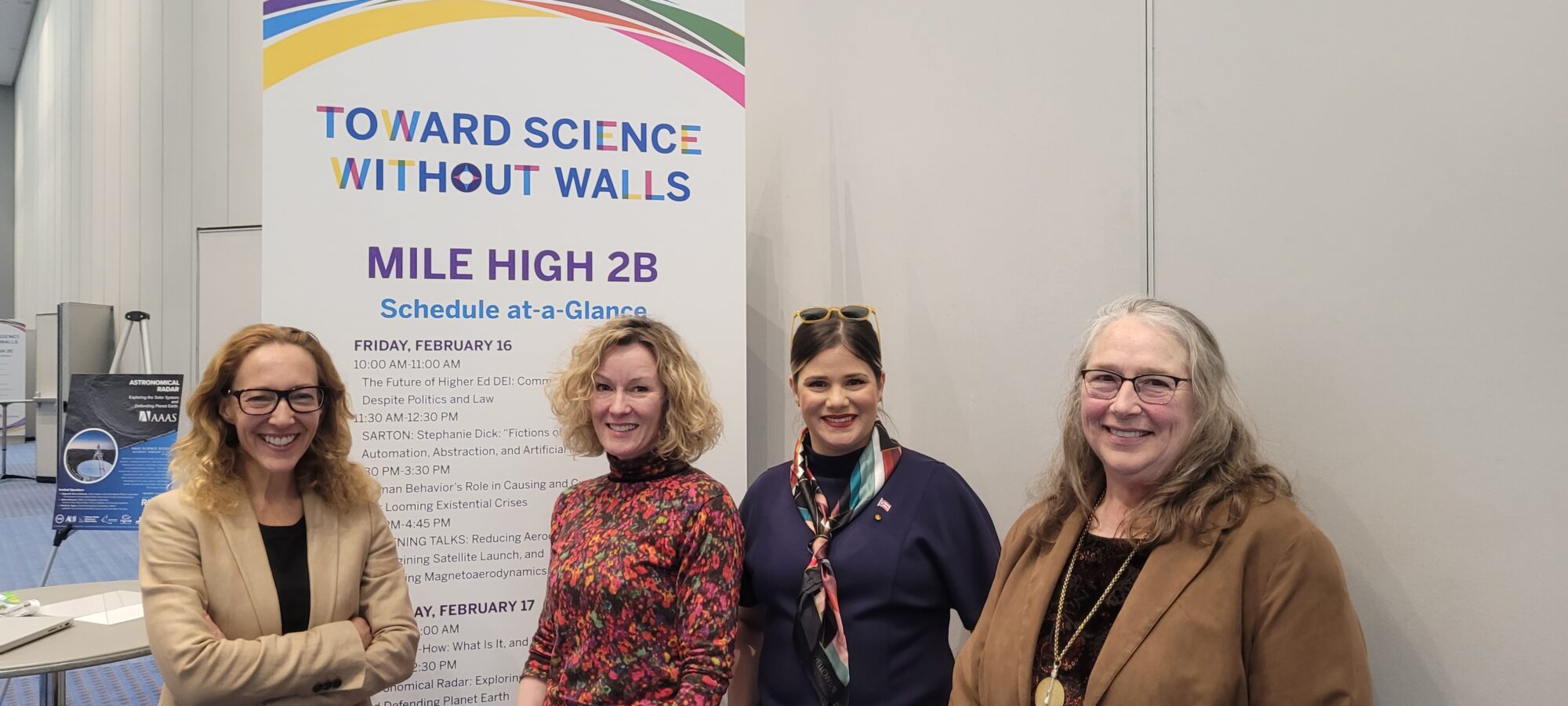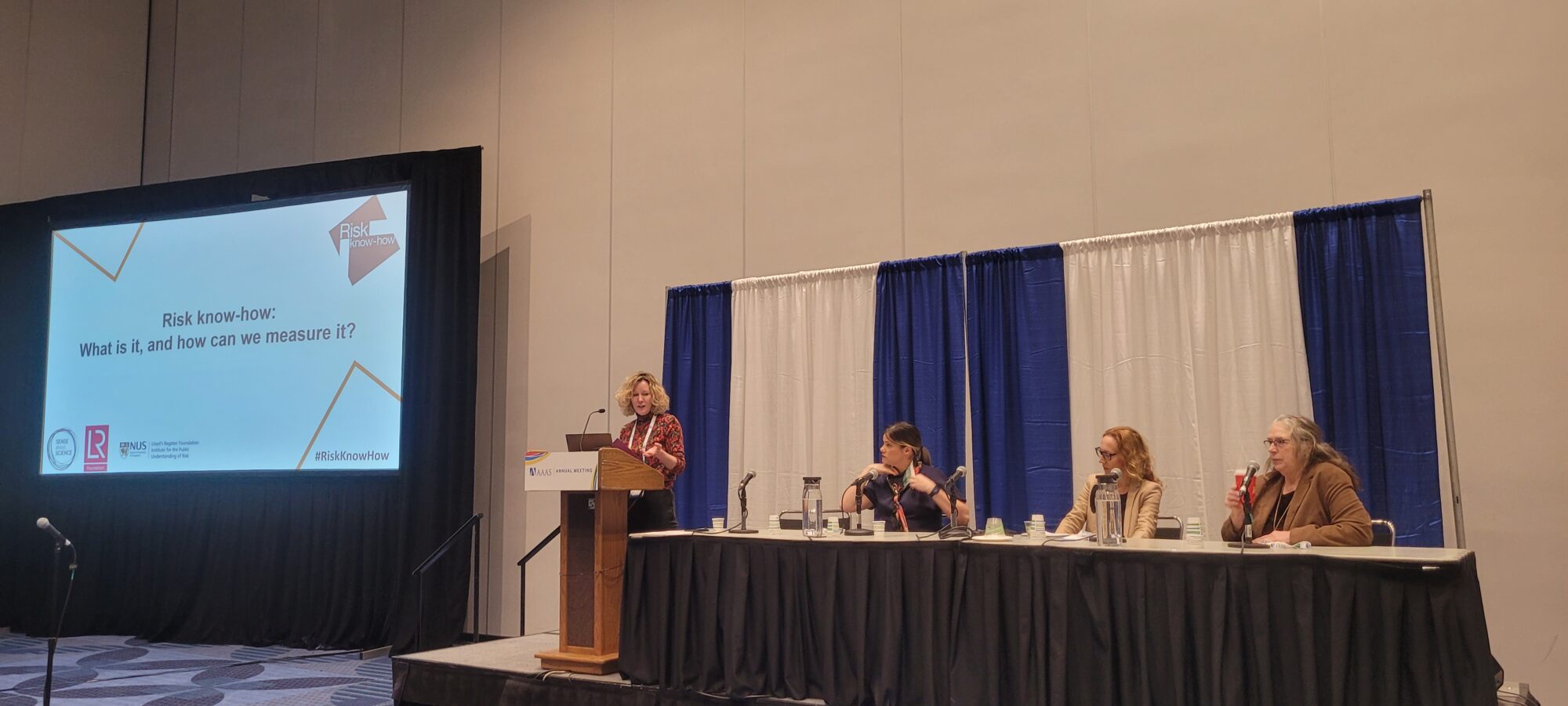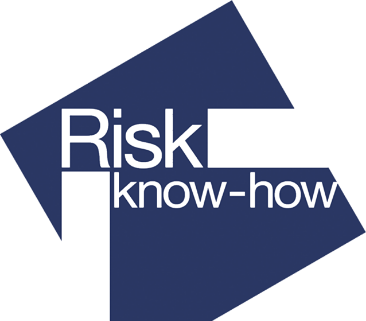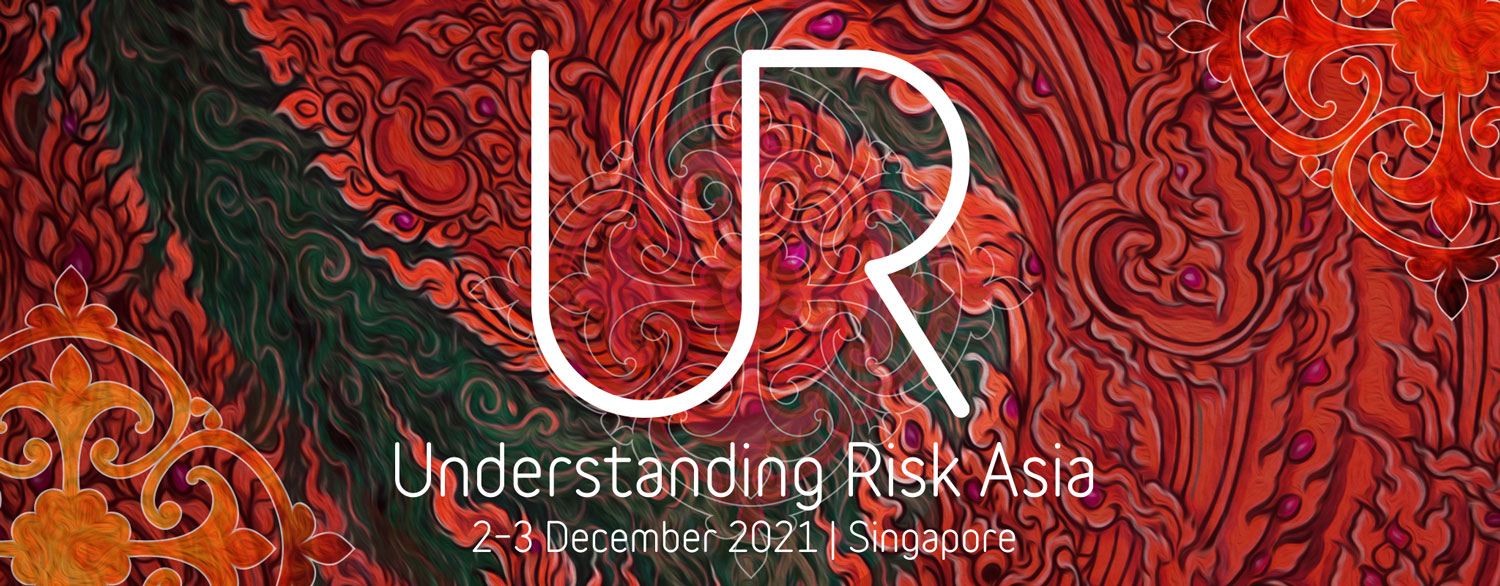The global safety charity Lloyd’s Register Foundation has pledged £918,070, over three years, to scale up and expand Risk Know-How, building an interactive platform to provide on-demand resources and tailored guidance to help community practitioners employ evidence about risks effectively.
Risk Know-How was launched by Sense about Science in 2021, in partnership with the Lloyd’s Register Foundation and with the support of LRF’s Institute for the Public Understanding of Risk (IPUR). The next phase of the project, which will be delivered by Sense about Science in partnership with IPUR will:
1. Provide a platform for community practitioners to get access to the resources and expert guidance which they need to resolve their risk communication challenges
2. Engage with risk information providers to develop information products that are useful and usable to the communities that need them, in line with the Risk Know-How framework.
3. Incorporate the Risk Know-How framework into international best practice guidelines for the provision of risk information, and into risk communication training. This includes developing a risk specific ISO standard, and incorporating the framework into UK Government guidance for civil servants.
4. Develop indicators to measure and track risk know-how at the individual and community level.
Investment in this ambitious new chapter for the initiative marks a renewed commitment from Lloyd’s Register Foundation and long-term partners Sense about Science and IPUR to increase the public’s understanding of risk and improve the quality of individual, business, and political decisions in the face of risk.
Our goal is to further shape the framework around the needs of practitioners, to embed it so that there is consistency in risk communication and training, and to put community needs centre of mind at the major information providers. We are delighted to be working with the Foundation, who have been admirably fearless in confronting what we really do and don’t know about the way communities use information about risks.
Tracey Brown OBE, Director of Sense about Science
Our vision to engineer a safer world has people at its heart. Everyone deserves to be safe and to feel safe. By ensuring that the relevant information is distributed to at-risk individuals and families effectively, and risk practitioners receive the training they need, the Risk Know-How programme will help improve lives in many vulnerable communities around the world. We’re excited to be supporting the expansion of the programme in partnership with Sense about Science.
Ruth Boumphrey, Chief Executive of Lloyd’s Register Foundation
Risk information can get lost in the gulf between the organisations that produce the information and the communities that need to use it. With Risk Know-How, we aim to bring the risk information providers closer to their users, to help these organisations understand the problems users face, and together design the formats and platforms that will allow communities to use information to take critical decisions.
Dr. Olivia Jensen, Lead Scientist at IPUR
Our work is dedicated to education for prevention and addressing gender-based violence in Chile. As a result of covering issues such as comprehensive sexual education, violence in digital spaces and gender and sexual diversity, we are highly exposed to attacks and hate speech, which have had a resurgence throughout Latin America and the world. In this sense, initiatives such as Risk Know-How are extremely valuable and a contribution to our actions, by creating a space to talk and get tools to address the risks. In addition, it will provide tools that can contribute to our daily work, such as making materials and information more accessible to the communities we work with.
Cecilia Ananías, Project Director at NGO Amaranta and one of the global risk practitioners involved in the Risk know-how project



